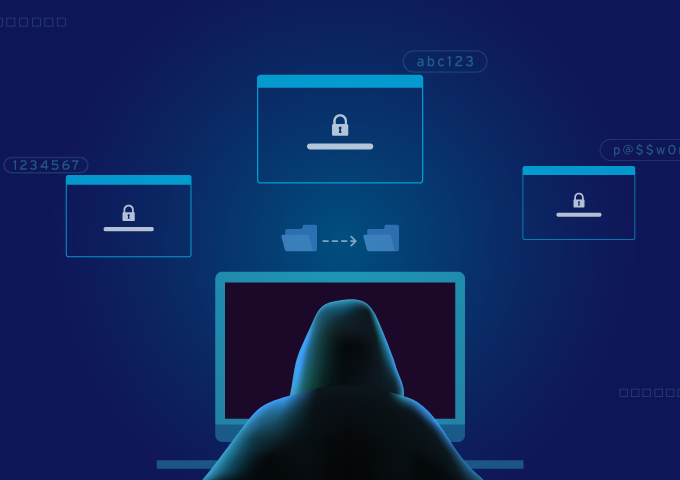Understanding the modus operandi of hackers

These days, with our pervasive digital lives as well as diverse digital governance efforts, we end up sharing a lot of our personal data with several organizations and government institutions. Often, because of a security failure or a deliberate intrusion, this data is exposed to unauthorized actors.
Most people misunderstand how hackers work though.
You are not the target
Unlike what you’ve seen in the movies, hackers hardly target individuals at first… unless you are a political leader, a prominent government official, or a corporate honcho. Generally, hackers target large organizations or online service with massive userbase and look for security vulnerabilities to breach and steal user data.
Once the cyber criminals have that data dump, they can use it to target individuals, commit financial frauds, or sell that information on dark web. Often the effect might not be immediate, but they will find a way to profit from it via some corrupt means.
The password bounty
It’s not a secret that common passwords make a hacker’s work easy, and yet that’s the most common way hackers breach accounts and databases. They don’t even have to do it manually. There are simple, automated programs that can enter hundreds of the most common passwords in a minute allowing unauthorized access.
Unfortunately, and luckily for them, 123456 and password are still the most commonly used passwords! Even switching a letter for a symbol – like, p@ssw0rd – doesn’t help because the hackers and the automated programs are aware of this common trick. One needs to avoid single words and common patterns. You can take a look at our guide to choose a strong password that will put you on the right path making it tougher for even the most determined malicious hacker to break into your accounts.
Also, reusing the same passwords is a bad, yet very common, habit. So, while your Netflix password gets exposed and you aren’t worried someone can take advantage of your watch history, if you’ve reused the same password for Amazon, it will also reveal your address amongst other information.
An average person has 90 accounts and it is impossible to memorize all those passwords. This is why security experts recommend using a good password manager which makes it easy to generate strong passwords and use a unique one for each account because you don’t have to memorize each one of them.
It’s not always about money
Many people take breaches less seriously because they associate hacks only with financial fraud. “As long as I don’t use my primary card online or not sign up for one of the fintech apps, I’m good.” Is a fallacy that many believe in.
Hackers do not just care about financial information to swoop in money but have countless ways to leverage other types of personal data for profit. They can use your personal information for identity theft to get new credit card issued in your name or commit a real-world crime implicating you.
—-
In the world we live in, online security is critical, and one must practice good password habits, use adequate precautions online to secure your digital lives, and stay alert to any reports of data breaches or hacks. If your information is exposed in a data breach, here’s what you need to do to avoid any repercussions.